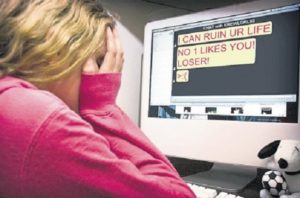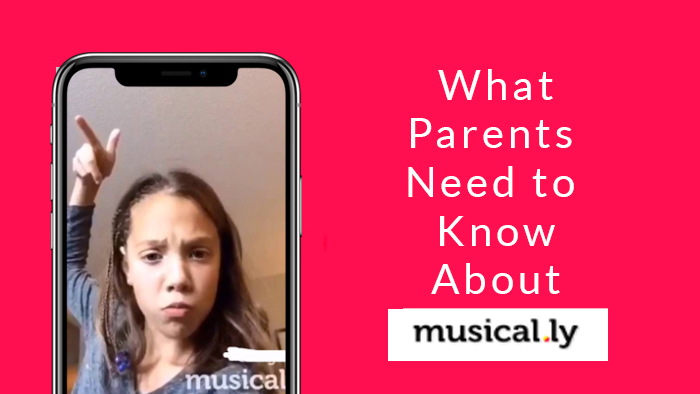Today’s kids are more social media savvy than ever. Six-year-old children are as digitally advanced today as 10-year-olds were 3 years ago. A whopping 80% of teens online use some form of social media, and they’re sharing more information about themselves on social media than they have in the past.
Teenagers and children nowadays spend a good amount of time online using social media, streaming content, and even uploading their own videos on Youtube. There’s a world of technology out there that they use to their advantage. If you search “Kidspreneur” there are groups of youngsters buildings apps, launching online businesses and doing impressive things which are possible only because of the web.
Alarmingly the number of parents saying they are always present to supervise their child aged six when they are online. Using computer devices has gone down in the last 3 years from 53% to 43%.
Mom-of-two Ankita, 39, from Delhi, has noticed the changes first hand as her children Rohan, 10 & Sandi, 7 have gravitated towards spending more time online.
She says: “My kids are so social media savvy, I am not always aware of what they’re up to. My major challenge is to keep my children safe from social media dangers.”
“It terrifies me what they can just look up on Social media. I would hate them to come across something that is shocking,”. She says, “It can be isolating for children if you don’t let them have the smartphones that their friends at school have, there’s a lot of peer pressure.
Just like the offline world, we have the job of protecting our kids in today’s digital world. The reality is that the online world holds the same joys and pitfalls as their offline interactions.
They make friends, enemies, share jokes, pull each other’s legs, have fights, argue with people, have people pick on them – meet bullies and sometimes bully. And just like the offline world, there’s as much chance that they might suddenly find themselves in an unpleasant situation they don’t know how to deal with.
India has been known to rank high in cyberbullying compared to other Asian countries in a number of reports.
As a parent, this is worrying. Online bullying comes in many different forms and can include saying mean things, spreading rumors, posting inappropriate photos, bothering someone repeatedly, making threatening remarks, posting pictures of each other with body shaming comments – or simply writing rude comments to each other.
To help parents deal with social media dangers and online bullying effectively, Facebook- one of the most used social media platform, recently released a new Safety Center, which includes a Bullying Prevention Hub and a Parent’s Portal.
The Safety Center provides resources, top tips and step-by-step videos for parents, teens and educators on how to stay safe online. The Parent’s Portal includes guides for parents on how Facebook works and tips for educating kids about social media safety.

Parents should start monitoring child’s online activities and build awareness among children on the rights and wrongs of the online world and how they can help and support others who are facing online bullying, much like they would in the real world.
How to keep your children safe from social media dangers
First and foremost is to let your child know that it’s never their fault if they are bullied by someone. It can happen to anyone. A lot of teenagers accept it as part and parcel of being online. But that’s where we need to explain what’s right and what’s wrong and what needs to be flagged to us as parents.
- Let your child know that the same rules apply online as apply offline. If your child doesn’t want to be picked on, he shouldn’t pick on others. And just because the bullying is happening online doesn’t mean that they should ignore it.
- Have a schedule for how much time must be spent on social media. Engage early: even before they begin using social media platforms, talk to them about technology as a whole. Ask your teenagers to teach you about the new apps and sites. It can help lay the groundwork for future conversations.
- Check their privacy settings. Make sure they know how to make their profiles ‘private’ so they are not sharing personal information with strangers. Facebook have a Privacy Healthcheck feature.
- Make sure they know when and how to report and block any malicious or inappropriate messages or posts.
- Use parental control apps like Nischint to monitor child social media usage.
What we need to do is start the conversation. I don’t think it’s possible or even advisable to restrict children from using social media or the internet totally. The best option is to be their friend. Talk to them about the risks they may be exposed to and how to deal with them. Ensure they feel free to come and talk to you if they see anything upsetting.








Leave A Comment